Your brain is like a high-performance machine—and just like any engine, it runs best with the right fuel. But what if some of the foods on your plate are quietly sabotaging your mental clarity, memory, and mood?
From the seemingly innocent soda to the comforting slice of white bread, certain everyday foods can fog your mind, trigger inflammation, and even accelerate cognitive decline over time.
On the flip side, your diet can also be your brain’s greatest ally. Nutrient-rich powerhouses like fatty fish, blueberries, and turmeric can sharpen your thinking, protect against aging, and keep your memory razor-sharp.
The difference? It’s all in your choices. In this guide, we’ll break down 8 foods that might be quietly harming your brain—and 8 that could be helping it thrive.
Whether you’re looking to stay mentally sharp, lift brain fog, or simply eat smarter, this list will help you snack and sip your way to a better, brighter mind.
1. Sugary Drinks
Sugary drinks may seem refreshing, but they are not doing your brain any favors. High sugar intake is linked to impaired memory and reduced brain function. These beverages, including sodas and energy drinks, flood your system with sugar, leading to spikes and crashes in energy levels.
This yo-yo effect impacts your concentration and focus. Over time, excessive sugar consumption could even contribute to neurodegenerative conditions like Alzheimer’s.
Consider swapping your sugary drink for a glass of water or herbal tea, both of which hydrate without harmful sugars. Your brain will thank you for the switch!
2. Processed Meats
Sausages, bacon, and deli meats are high in saturated fats and preservatives. Regular consumption can lead to inflammation, which is detrimental to brain health.
These foods often contain nitrates and nitrites, chemicals linked to cognitive decline. Inflammation from processed meats may also affect mood, leading to sluggishness and irritability.
Try reducing intake by opting for fresh cuts of meat or plant-based alternatives, which are kinder to both your waistline and your brain. Feel the difference with a clearer mind and more balanced mood.
3. Artificial Sweeteners
Often found in diet sodas and low-calorie snacks, artificial sweeteners trick your brain into craving more sugar. These synthetic substitutes disrupt the brain’s reward center, making you want more sweets.
Over time, this can alter how your brain responds to real sugar, leading to metabolic and cognitive issues. Some studies suggest a link between artificial sweeteners and headaches or mood disorders.
Consider natural sweeteners like honey or maple syrup as alternatives. These options satisfy your sweet tooth without the confusion artificial variants bring to your brain.
4. Trans Fats
Trans fats, found in fried foods and baked goods, are notorious for their negative impact on brain health. These fats increase inflammation and can lead to blockages in brain blood vessels.
Such blockages hinder the flow of oxygen and nutrients essential for cognitive functions. Long-term consumption is linked to an increased risk of Alzheimer’s disease and other forms of dementia.
Opt for foods rich in unsaturated fats like avocados and nuts. These healthy fats support brain function and improve memory. Your brain will appreciate the healthier choices.
5. High-Sodium Foods
High-sodium foods can raise blood pressure, leading to hypertension—a risk factor for cognitive decline. Excess sodium intake affects blood flow to the brain, impairing cognitive functions.
This can lead to memory lapses and reduced mental clarity. Additionally, high salt consumption may increase stress hormone levels, exacerbating anxiety and affecting mood.
Reducing sodium intake by seasoning with herbs and spices instead of salt can enhance flavor without compromising brain health. Enjoy dishes that are both tasty and mind-friendly!
6. Refined Carbs
Refined carbs, like white bread and pasta, are rapidly digested, leading to spikes in blood sugar levels. This rapid digestion can cause fluctuations in energy and concentration, making your brain feel foggy.
Over time, these spikes may contribute to insulin resistance, impacting brain health negatively. Replacing refined carbs with whole grains provides a steady release of energy, benefiting focus and mood.
Whole grains, rich in fiber, not only support heart health but also enhance cognitive function. Make the switch for a sustained mental boost!
7. Fried Foods
Fried foods, crunchy and enticing, are often laden with unhealthy oils and trans fats. These components contribute to oxidative stress and inflammation, damaging brain cells over time.
Regular consumption is associated with a decline in memory and learning capabilities. The oils used in frying can also alter the brain’s lipid composition, further impairing cognitive functions.
Choosing grilled or baked alternatives can satisfy your craving without the harmful effects. Your brain thrives on healthier, less inflammatory foods.
8. Alcohol
While moderate alcohol consumption might be socially acceptable, excessive intake is harmful to brain health. Alcohol disrupts communication pathways in the brain, affecting memory and coordination.
Chronic drinking can lead to severe brain damage and increase the risk of developing dementia. The brain’s ability to heal from these effects diminishes with prolonged exposure.
Opting for alcohol-free days and limiting intake can protect your brain’s vitality. Celebrate with non-alcoholic beverages and give your brain a much-needed break.
1. Blueberries
Blueberries are small, vibrant berries bursting with antioxidants called flavonoids, which are known to enhance brain health. These antioxidants help protect the brain from oxidative stress and inflammation.
Regular consumption has been linked to improved memory and cognitive function, making them a brain-boosting superfood. The rich color of blueberries indicates their high anthocyanin content, beneficial for mental agility.
Incorporating blueberries into your diet—whether in smoothies, salads, or snacks—can provide a delicious way to support brain health.
2. Fatty Fish
Fatty fish such as salmon, mackerel, and sardines are rich in omega-3 fatty acids, vital for brain health. These healthy fats are crucial for maintaining brain structure and function.
Omega-3s have been shown to reduce inflammation and support synaptic plasticity, aiding learning and memory. Regular consumption can also lower the risk of cognitive decline and depression.
Try adding fatty fish to your meals a few times a week to harness their brain-boosting powers. Your mind will appreciate the extra nourishment.
3. Turmeric
This vibrant yellow spice contains curcumin, a compound with powerful anti-inflammatory and antioxidant properties. Curcumin can cross the blood-brain barrier, benefiting brain health directly.
Studies suggest it may enhance memory, relieve depression symptoms, and support the growth of new brain cells. Turmeric’s potential to boost brain-derived neurotrophic factor (BDNF) is especially promising for mental agility.
Sprinkle turmeric into soups, stews, or lattes for a flavorful and brain-friendly addition to your diet.
4. Broccoli
Broccoli is a cruciferous vegetable packed with powerful antioxidants and vitamin K, instrumental for brain health. These nutrients help protect against oxidative damage and inflammation.
Vitamin K is essential for forming sphingolipids, a type of fat abundant in brain cells. Consuming broccoli regularly may enhance cognitive function and memory retention.
Incorporating broccoli into meals provides fiber and essential nutrients for overall health, making it a standout choice for a sharper mind.
5. Pumpkin Seeds
Pumpkin seeds are small but mighty, offering a rich source of antioxidants, magnesium, iron, zinc, and copper. These nutrients support brain health and improve mood and memory.
Magnesium is vital for learning and memory, while zinc and copper are crucial for nerve signaling. Iron helps with oxygen transport, keeping the brain alert and energized.
Enjoy pumpkin seeds as a snack or sprinkle them over salads for a crunchy, brain-boosting addition to your diet.
6. Oranges
Oranges are a citrus delight rich in vitamin C, an antioxidant essential for brain health. Vitamin C helps prevent mental decline by fighting free radicals that can damage brain cells.
Regular consumption supports mental sharpness, memory, and cognitive function. Oranges also contain flavonoids, which enhance connectivity between neurons, promoting efficient brain communication.
Adding oranges to your diet as a snack or juice can provide a refreshing, vitamin-packed boost for your mind.
7. Nuts
Walnuts, almonds, and hazelnuts, are excellent sources of healthy fats, antioxidants, and vitamin E. These nutrients support cognitive function and protect against age-related brain decline.
Vitamin E, in particular, guards the brain against oxidative stress, enhancing memory and mental agility. The healthy fats in nuts, especially omega-3s, nourish brain cells and support neuron function.
Snacking on nuts or adding them to dishes is a simple way to incorporate these brain-boosting benefits into your daily routine.
8. Dark Chocolate
Dark chocolate is a delicious treat with brain-boosting properties, thanks to its rich flavonoid content. These antioxidants improve blood flow to the brain, supporting learning and memory.
The mood-enhancing compounds in dark chocolate stimulate the production of endorphins and serotonin, promoting a positive mental state. Regular consumption can lead to improved focus and cognitive performance.
Opt for dark chocolate with high cocoa content to maximize benefits, indulging your taste buds while nurturing your mind.


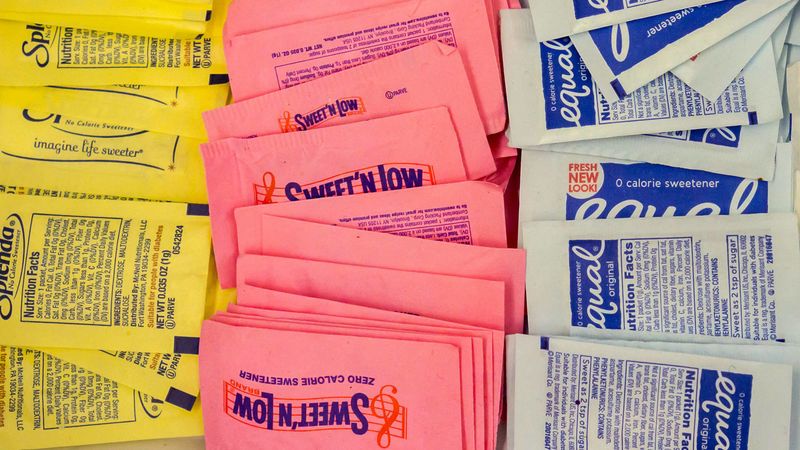





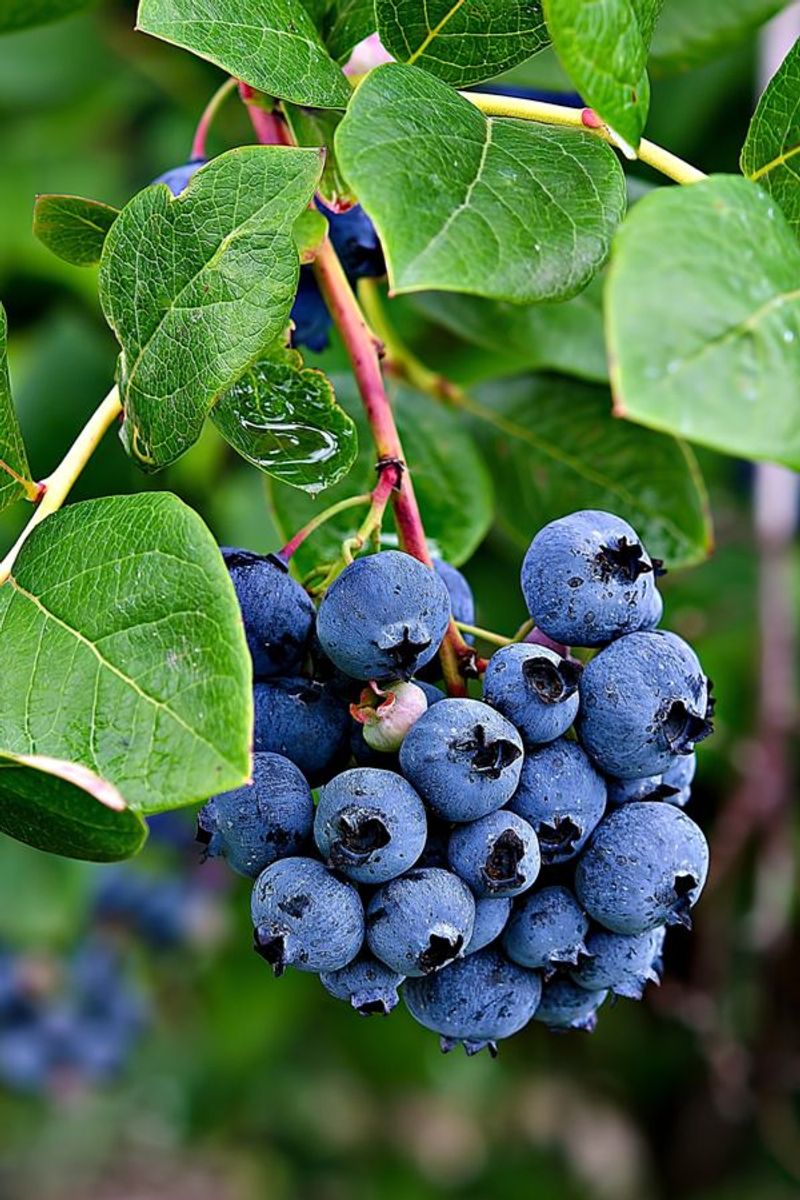
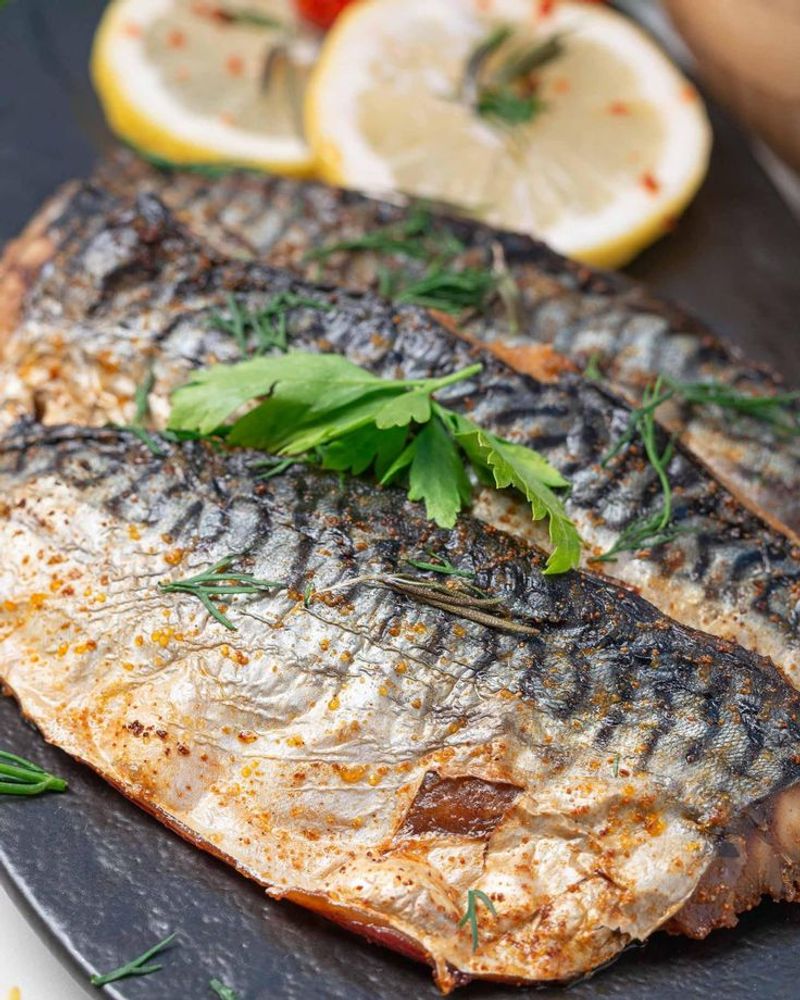
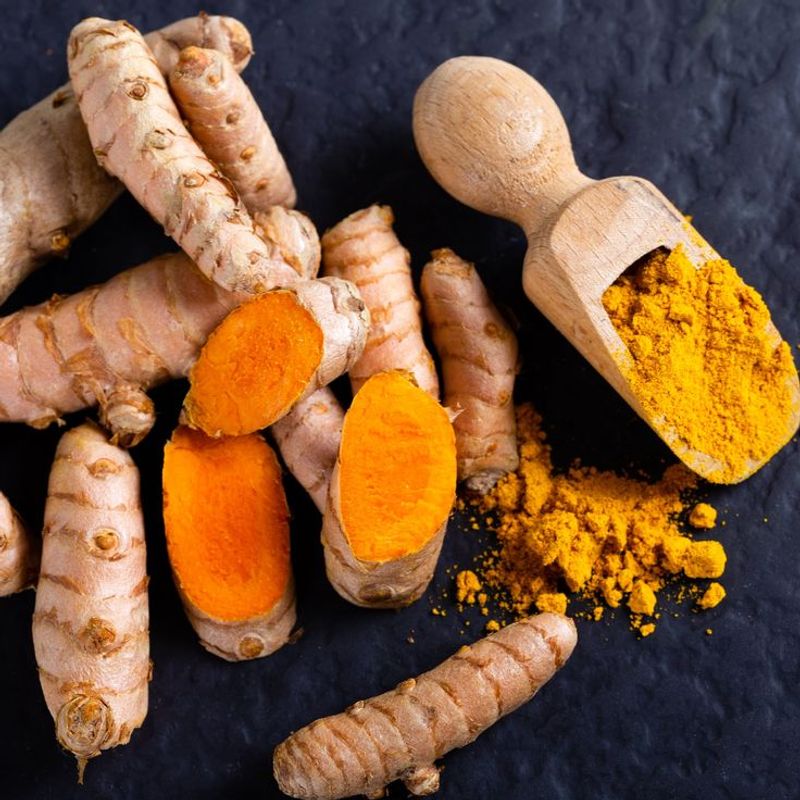
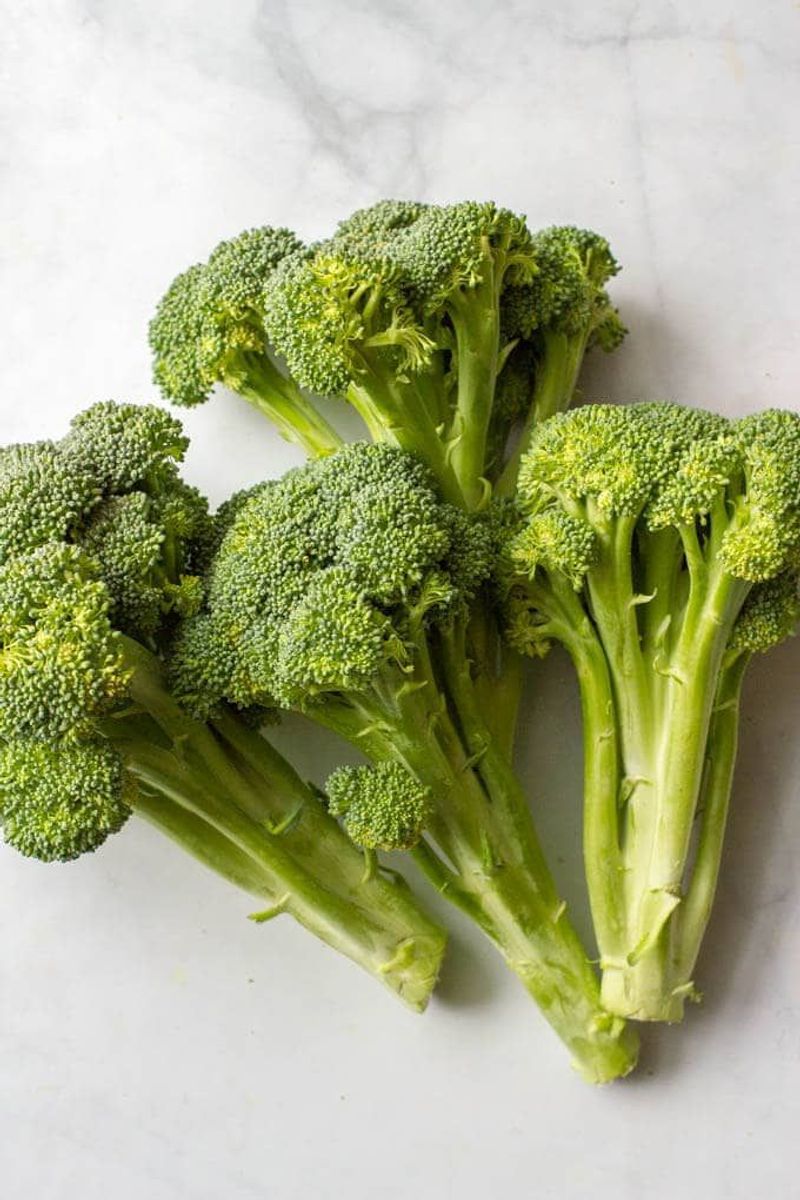
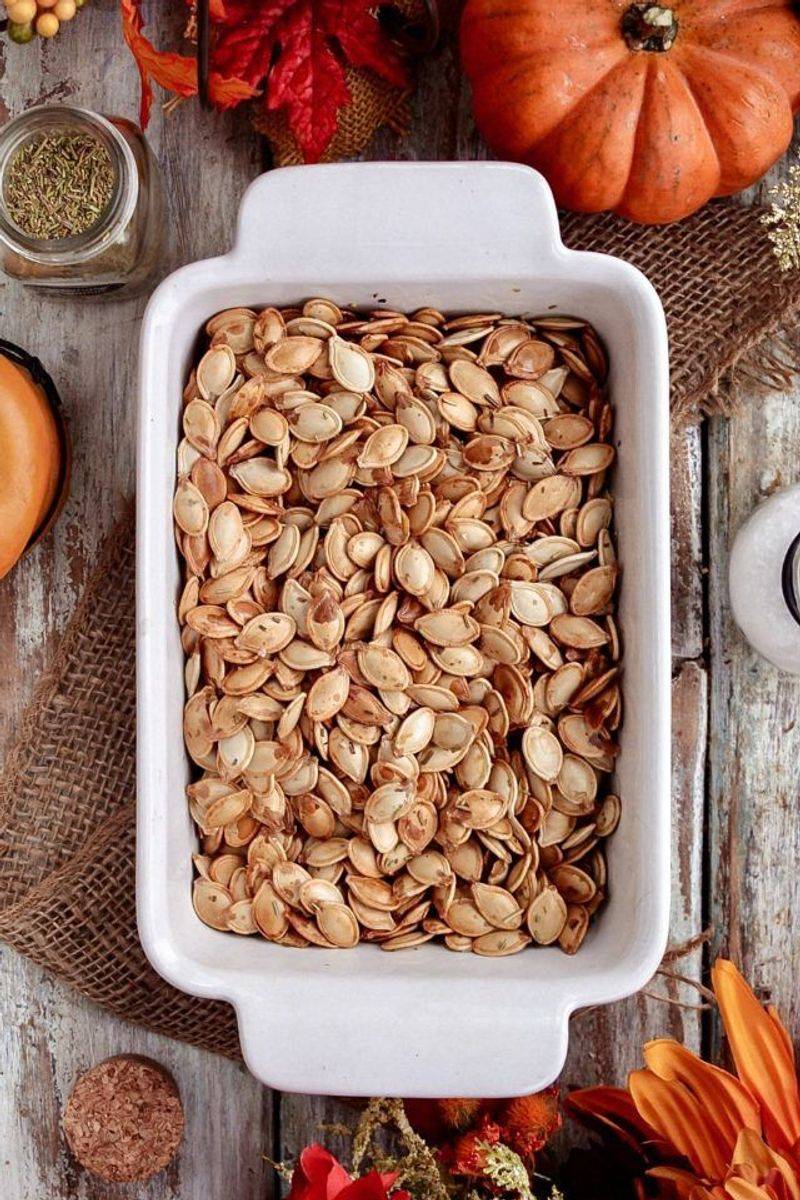
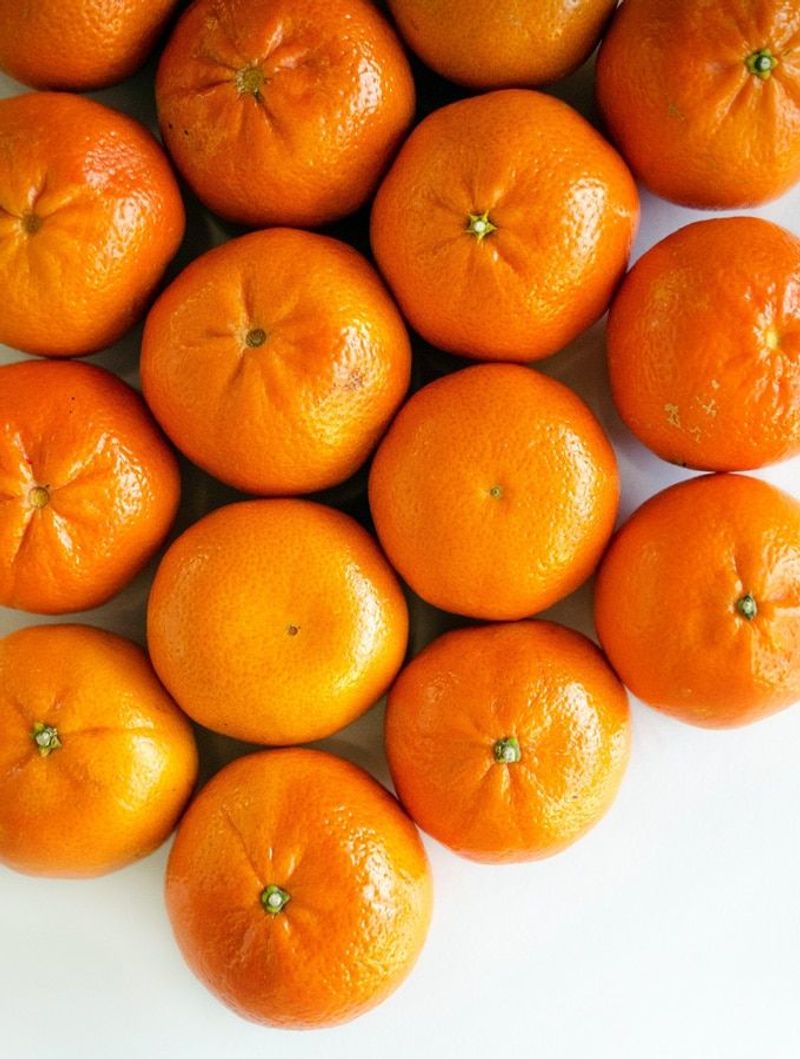


Leave a comment